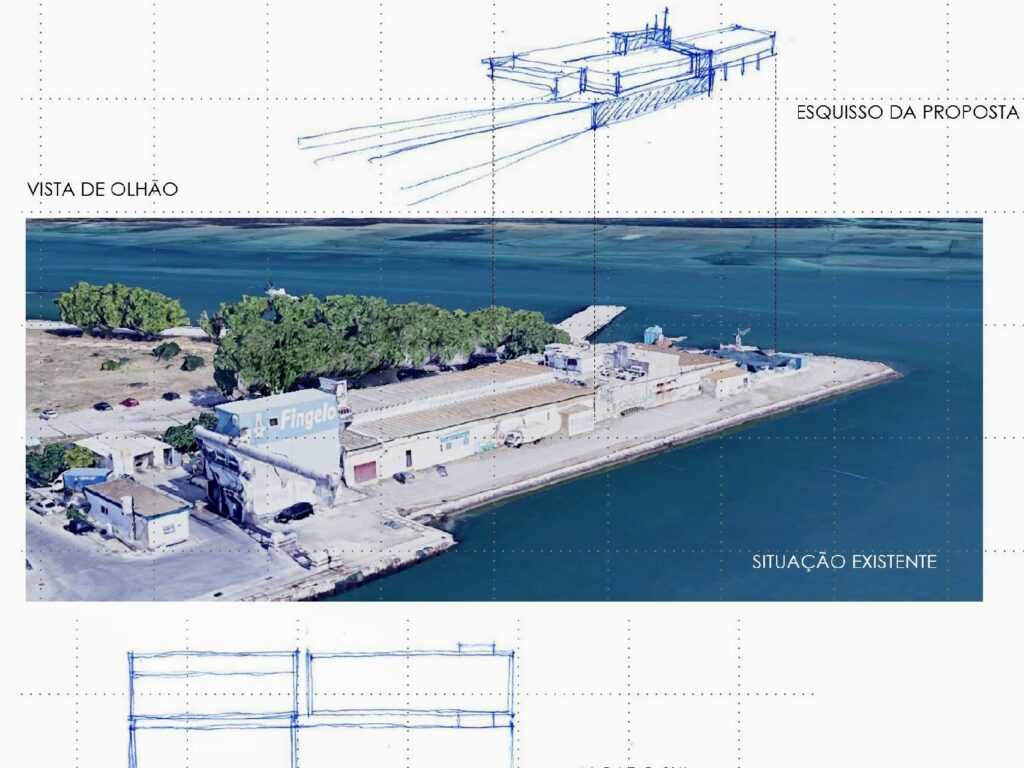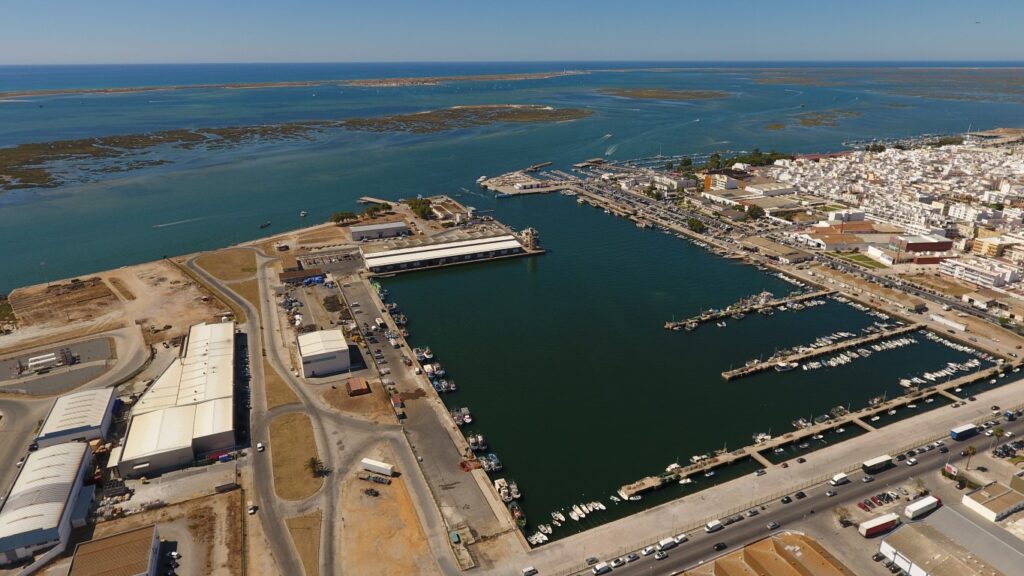It will be «a living laboratory, essential for the development of services, goods and products in the areas of biotechnology, food and the enhancement of endogenous resources from the sea» and will be born in the Fishing Port of Olhão in 2025, following an application led by the Municipality de Olhão, recently approved.
The Polo HUB Azul do Algarve «will be born from the reconstruction and expansion of the existing building on the southern edge of the port area of Olhão, on the east pier of the fishing port», according to the Câmara de Olhão.
«In an area of 836 square meters, several laboratories for testing and cultivation of marine organisms will be installed, providing the pole with capacity for molecular biology, general biology or pathology, including new technologies and robotics, bioprospecting for the cosmetic and pharmaceutical industries», adds.
Once the application is approved, «the process is currently in the elaboration phase of the architecture and specialties projects».
The infrastructure will cost 4,4 million euros, shared between Fundo Azul and the municipality, and is the result of an application for funds from the Recovery and Resilience Plan, led by the Municipality of Olhão.
The consortium created to implement this project also includes the University of the Algarve, the Portuguese Institute of the Sea and the Atmosphere, Docapesca, and S2AQUAcoLAB – Collaborative Laboratory in Sustainable and Intelligent Aquaculture.
«These are the relevant partners for the execution of the project, who are committed to creating synergies that boost development, attract companies and investment, and create jobs», says the municipality.
For António Pina, mayor of Olhão, «the aim is to create conditions for a more competitive, more cohesive and inclusive economy of the sea, but also more decarbonized and sustainable, with greater capacity to take advantage of the opportunities arising from the climate and digital transitions, while reinforcing the training and technical qualification of workers and students in the area of the sea».




















Comments